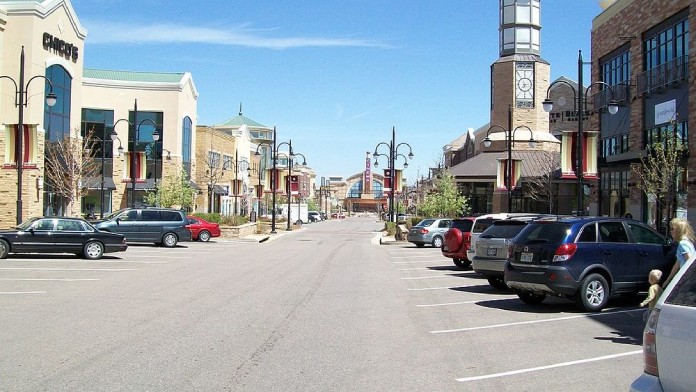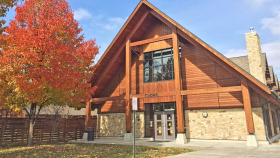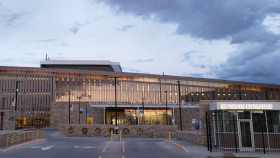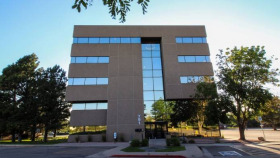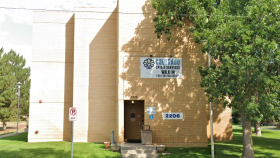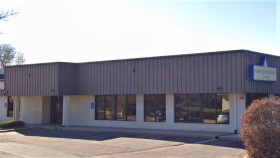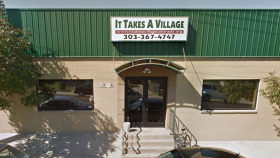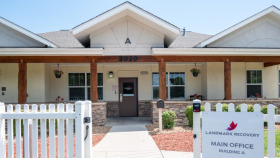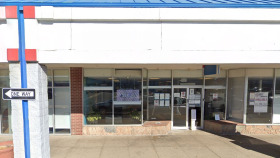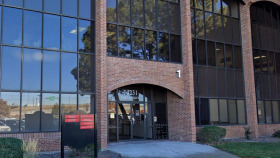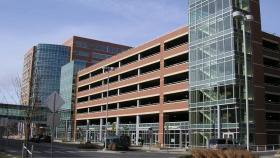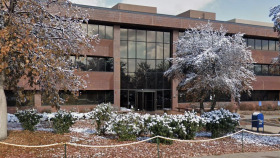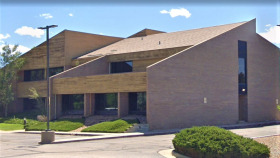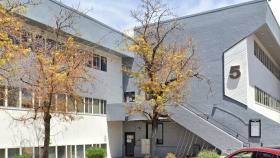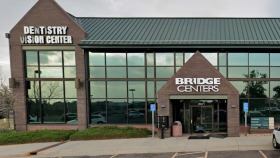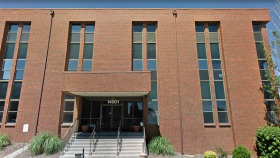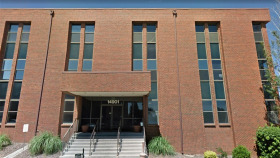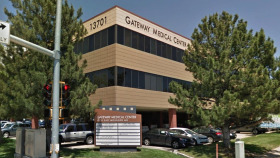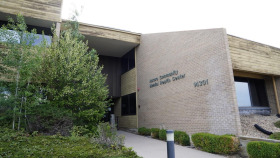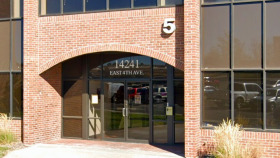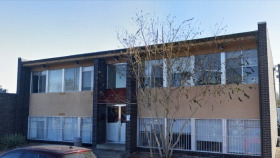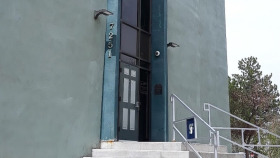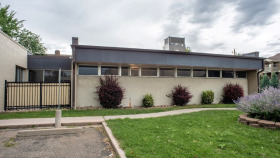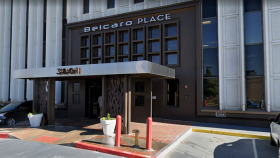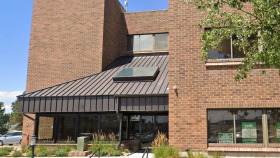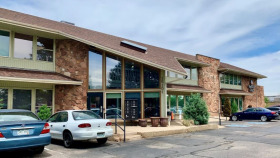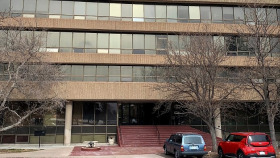Expert Insights
My heart was so happy to read that an abandoned building in Aurora that once operated as a liquor store is now an art gallery, giving local artists the opportunity to offer healing through art. As a state ravaged by addiction, particularly alcohol addiction, it seems poetic that the new East Colfax Art Gallery and Studio will give back to locals instead of taking away their health for profit. And what’s even better is that the art is local diverse voices that truly represent the people of Aurora — a place where over 90 languages are spoken. I think this is an innovative approach to tackling addiction: replacing alcohol with creativity and community!
~ Olivia Pennelle
How Expensive is Drug Rehab in Aurora?
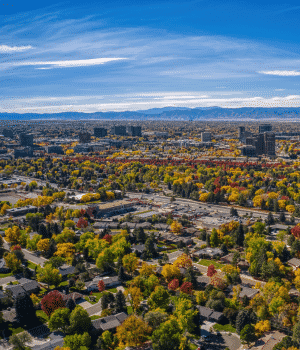 The cost of addiction treatment in Aurora will vary depending on several factors, such as:
The cost of addiction treatment in Aurora will vary depending on several factors, such as:
- The area and style of facility you choose
- The amenities and ancillary services you want
- What type of health insurance coverage you have, which will typically factor heavily in the facility you choose
There are plenty of options to choose from around town, regardless of your health insurance coverage and treatment needs.
How Do You Pay for Addiction Treatment in Aurora?
According to the U.S. Census Bureau, over 90% of citizens have health insurance coverage. If you’re one of the majority with insurance coverage, then there is likely a multitude of rehab centers near you that can offer you services.
If you are among the 28 million people without insurance, however, there are alternative payment methods you can try.
Choose a Program that Offers Payment Plans: If you have to pay for treatment out of pocket, your chosen rehab program might be able to offer you a payment plan that splits up the cost of care into a series of affordable payments. The best way to find out if a rehab offers payment plans is by calling and asking.
Apply for a Rehab Scholarship: Some rehab programs offer scholarships as a very last resort to people who are uninsured and unable to self-pay for care. These scholarships could cover some or all of the costs, based on the facility’s decision. If you find yourself in extraordinary need of addiction treatment in Aurora and cannot pay, call around to the facilities around you and plead your case to the directors to offer you a rehab scholarship.
Find a Sliding Scale Rehab Program: Low-income individuals or those with a high financial burden, such as raising children, may be able to find a rehab program that offers a sliding fee scale. These programs provide services to qualified individuals based on factors including income and family size. Colorado drug rehabs with sliding scale fees typically advertise this on their website, though you could also call and ask.
How Does Aurora Compare in Alcohol and Drug Use?
According to 2020 data, four people die every day in Colorado from opioid overdose. However, local and state agencies joined forces to provide solutions for the residents struggling with addiction. Lawmakers are pushing to increase penalties for dealers who knowingly sell drugs laced with fentanyl. Additionally, there’s an impressive list of accredited alcohol and drug rehabs in Aurora, Colorado – 213 treatment centers, to be exact. And those Colorado rehab facilities stand ready to help you make positive change and embrace lasting recovery.
The Center for Disease Control (CDC) compiles data regarding the causes of death every year, including overdoses. These are listed by county. Aurora is a home rule municipality in the counties of Arapahoe, Adams, and Douglas counties. The majority of the population resides in Arapahoe County, with over 386,000 residents as of 2020. According to the CDC, Arapahoe County experienced:

An 87% increase in alcohol-related deaths between 2018 and 2020
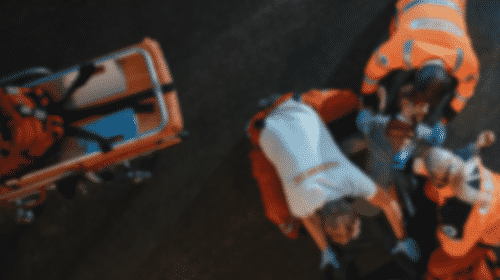
25% more drug overdoses between 2018 and 2020
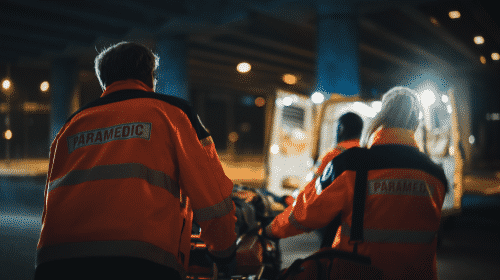
326 alcohol and drug overdoses occurred in 2020, an increase of 50%
This increase in drug– and alcohol-related deaths and overdoses highlights the need for access to high-quality addiction treatment in Aurora, Colorado. No matter your situation, there’s a program for you.
Alcohol and Drug Laws in Colorado
Due to the increasing number of drug and alcohol-related crimes and fatalities, the state has enacted measures to both combat substance abuse and support the community in the wake of a worsening situation.
Involuntary Admission for Substance Abuse Rehab Law: Also known as a “detox hold,” this law allows family members to have their loved one involuntary admitted to a drug rehab in Colorado for up to five days.
Substance Abuse Treatment Medical Leave Laws: The federal Family and Medical Leave Act (FMLA) grants protection to qualifying employees who need to pursue drug or alcohol rehab in Colorado. Up to 12 weeks of unpaid leave are granted, with the guarantee that the employee can resume their former position or a similar position. Colorado and other states are also in the process of creating a paid medical leave bill.
Colorado Harm Reduction Bill: Colorado’s Good Samaritan Law protects people from persecution when witnessing or experiencing an overdose and reaching out for emergency services. This bill includes needle exchange sites and Naloxone disbursement provisions. The law also extends to pregnant women if they disclose substance use and seek treatment.5
Opioid Prescription Regulations: A large aspect of Colorado’s harm reduction legislation is placing restrictions on doctors who prescribe Schedule II, III, and IV drugs to use an electronic transmissions system; opening up access to the Prescription Drug Monitoring Program; and heightening drug education requirements for health care providers and pharmacists.
Douglas County Multiple Offender Program: Instead of serving long jail sentences, Douglas County residents who consistently commit crimes due to abusing alcohol may be eligible to enter the Douglas County Multiple Offender Program (DCMOP).7 This is an intensive outpatient program that lasts for at least one year, with the first three months spent in the county jail. Ongoing services include transdermal alcohol monitoring, case management, continuing drug and alcohol education, and Moral Recognition Therapy (MRT).
Resources
- The City of Aurora. (2022). Population.
- US Census Bureau. (2021). Health Insurance Coverage in the United States: 2020.
- Colorado Department of Human Services. (2022). Substance Use Emergency Commitment/Substance Use Involuntary Commitment.
- Colorado General Assembly. (2022). SB18-022, Clinical Practice For Opioid Prescribing.
- Douglas County. (2022). Douglas County Multiple Offender Program.
- Colorado Health Institute. (2022) A parallel epidemic: More overdose deaths in 2020, fentanyl fatalities spike.

